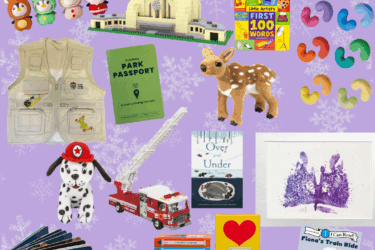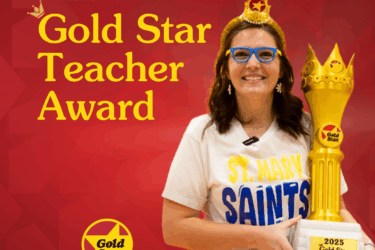No matter where your party loyalty lies, your kids have their own minds to make up as they grow. As we head toward the fall election, it’s a great time to engage interested kids in our political process.
 Bellevue’s Carol Kirkham enjoys heated discussions with her 12-year-old daughter, Chloe. Not about wild hair color or expensive clothes, mind you. This Nashville mom and daughter are into politics!
Bellevue’s Carol Kirkham enjoys heated discussions with her 12-year-old daughter, Chloe. Not about wild hair color or expensive clothes, mind you. This Nashville mom and daughter are into politics!
“Chloe’s fascinated by the current election happenings, and her dad and I take opportunities to explain how politics affect our lives,” says Kirkham, adding that she finds it fun when her daughter disagrees with a particular point. “It’s great to see her exploring her thoughts and forming opinions about what’s important to her,” Kirkham adds.
The upcoming presidential election presents a great opportunity for kids to learn and develop political interests. Many kids are hearing “Obama” in their homes. Others are hearing “McCain,” and it’s interesting for them to understand what’s going on. Kids will be in school when the actual election occurs, and experts suggest that when political issues are addressed in both the academic and domestic arenas, it makes a lasting impact on future voters. To begin cultivating an interest in political affairs, parents should encourage dialogues with kids.
Create Familiarity
“Start with simple concepts kids understand,” says Fran O’Malley, curriculum specialist for the Democracy Project at the University of Delaware. “Ask, ‘Who are the leaders or authority figures in our home? Our community? What kinds of jobs do they do?'” says O’Malley. “Initiate conversations based on what they are learning in history or government class, and go from there,” he adds.
“Talk with kids about how government affects them through everyday things like safety regulations on water, mattresses and toys; or money needed to make libraries and parks better,” says Richard Coe, representative of Kids Voting U.S.A., a non-partisan group working to engage future voters. “If you find that point of relevance and are consistent with these conversations, most kids will take an interest,” he adds.
That’s how Brentwood’s Jeffery Sullivan became engaged in politics. While still in el
ementary school, Sullivan developed a mentoring relationship with a family friend and local politician. Through their conversations, Jeffery learned about issues on the state and local levels and how some of them directly impacted his life.
“This roused his curiosity in political affairs, and by fourth grade he wanted to know more about local government, then county, then state and eventually national administration,” says Linda Sullivan of her now 16-year-old son.
Discuss Current Events
Political and civic-oriented Web sites designed for kids are good resources, as are newspapers and TV shows that keep kids abreast of current events.
“I regularly read portions of the newspaper to my kids, and we watch CNN together and then discuss what’s happening,” says Nashville mother Glenda Amponsah Tandoh. “My daughter plans to run for class president, so she’s particularly interested in how the candidates are doing.â€
Take Them to the Polls
A trip to the polls helps kids learn about our voting process.
“I’ve taken Jeffery into the voting booth and he’s seen how I may vote republican in one area and democrat in another,” says Sullivan. “Later, I explain why I’ve chosen one candidate over another so he understands.” Remember that nurturing an interest in political affairs in kids fosters responsible citizenship.
“Involving my kids in politics helps them to understand the world is bigger than just our home and community,” says Tandoh. “It also encourages them to think about issues they wouldn’t otherwise consider. I’m planting seeds now in hopes that one day they will step out and make positive changes in our world.â€
Denise Yearian is the former editor of two parenting magazines and the mother of three children.




